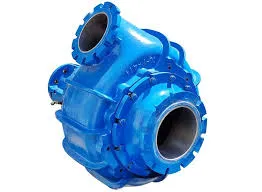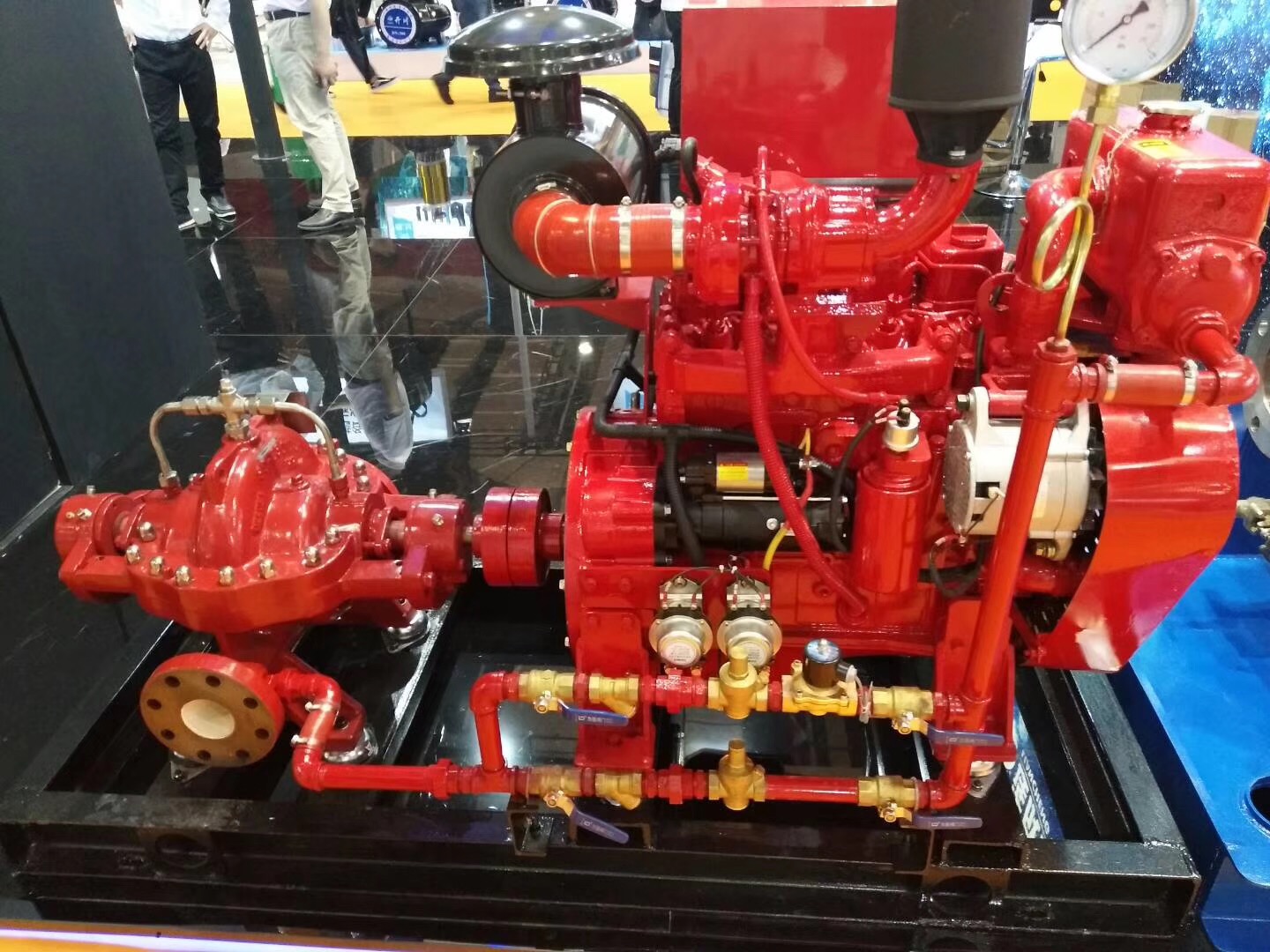TEL:
+86 13120555503
German
- Afrikaans
- Albanian
- Amharic
- Arabic
- Armenian
- Azerbaijani
- Basque
- Belarusian
- Bengali
- Bosnian
- Bulgarian
- Catalan
- Cebuano
- Corsican
- Croatian
- Czech
- Danish
- Dutch
- English
- Esperanto
- Estonian
- Finnish
- French
- Frisian
- Galician
- Georgian
- German
- Greek
- Gujarati
- Haitian Creole
- hausa
- hawaiian
- Hebrew
- Hindi
- Miao
- Hungarian
- Icelandic
- igbo
- Indonesian
- irish
- Italian
- Japanese
- Javanese
- Kannada
- kazakh
- Khmer
- Rwandese
- Korean
- Kurdish
- Kyrgyz
- Lao
- Latin
- Latvian
- Lithuanian
- Luxembourgish
- Macedonian
- Malgashi
- Malay
- Malayalam
- Maltese
- Maori
- Marathi
- Mongolian
- Myanmar
- Nepali
- Norwegian
- Norwegian
- Occitan
- Pashto
- Persian
- Polish
- Portuguese
- Punjabi
- Romanian
- Russian
- Samoan
- Scottish Gaelic
- Serbian
- Sesotho
- Shona
- Sindhi
- Sinhala
- Slovak
- Slovenian
- Somali
- Spanish
- Sundanese
- Swahili
- Swedish
- Tagalog
- Tajik
- Tamil
- Tatar
- Telugu
- Thai
- Turkish
- Turkmen
- Ukrainian
- Urdu
- Uighur
- Uzbek
- Vietnamese
- Welsh
- Bantu
- Yiddish
- Yoruba
- Zulu
Telephone: +86 13120555503
Email: frank@cypump.com
März . 04, 2025 01:37 Back to list
submersible sewage pumping systems handbook
Submersible sewage pumping systems hold an indispensable role in modern infrastructure, effectively managing wastewater from both residential and industrial complexes. Their efficiency, longevity, and reliable performance make them a preferred choice for ensuring sanitary conditions and preventing untreated sewage from contaminating the environment. This article provides a comprehensive guide to understanding these systems from an experiential, expert, authoritative, and trustworthy perspective.
Trustworthiness is a hallmark of established submersible sewage pump manufacturers, who often provide extensive warranties and customer support. The durability of these systems is backed by thorough research and development, field tests, and feedback loops from real-world applications. Manufacturers offer installation services, ensuring that the system is correctly set up and integrated into existing plumbing infrastructure. Furthermore, client education on maintenance, such as periodic inspection and cleaning protocols, extends the operational life of the system and ensures optimal performance. The integration of smart technologies into submersible pumping systems has marked a new era, bringing about efficiency improvements and predictive maintenance capabilities. With real-time monitoring and data analytics, operators can preemptively address issues before they escalate, achieving remarkable reductions in maintenance costs and operational disruptions. In terms of innovations, some manufacturers are advancing towards eco-friendly designs, incorporating recyclable materials and energy-efficient motors that reduce carbon footprint. This trend aligns with global sustainability goals and meets the increasing demand for environmentally responsible waste management solutions. In conclusion, the utility, expertise-driven development, standard compliance, and proven reliability of submersible sewage pumping systems make them an indispensable asset in waste management. Their strategic selection and deployment not only ensure environmental safety but also facilitate economic advantages through reduced operational costs and increased system longevity. As technology advances, these systems are expected to offer even more significant contributions towards sustainable waste management strategies, becoming cornerstones of smart, green infrastructure globally.


Trustworthiness is a hallmark of established submersible sewage pump manufacturers, who often provide extensive warranties and customer support. The durability of these systems is backed by thorough research and development, field tests, and feedback loops from real-world applications. Manufacturers offer installation services, ensuring that the system is correctly set up and integrated into existing plumbing infrastructure. Furthermore, client education on maintenance, such as periodic inspection and cleaning protocols, extends the operational life of the system and ensures optimal performance. The integration of smart technologies into submersible pumping systems has marked a new era, bringing about efficiency improvements and predictive maintenance capabilities. With real-time monitoring and data analytics, operators can preemptively address issues before they escalate, achieving remarkable reductions in maintenance costs and operational disruptions. In terms of innovations, some manufacturers are advancing towards eco-friendly designs, incorporating recyclable materials and energy-efficient motors that reduce carbon footprint. This trend aligns with global sustainability goals and meets the increasing demand for environmentally responsible waste management solutions. In conclusion, the utility, expertise-driven development, standard compliance, and proven reliability of submersible sewage pumping systems make them an indispensable asset in waste management. Their strategic selection and deployment not only ensure environmental safety but also facilitate economic advantages through reduced operational costs and increased system longevity. As technology advances, these systems are expected to offer even more significant contributions towards sustainable waste management strategies, becoming cornerstones of smart, green infrastructure globally.
Share
Latest news
-
Reliable Non-Clog Sewage Pumps with GPT-4-Turbo Tech
NewsAug.04,2025
-
High-Performance Air Pumps for Sand & Gravel | Efficient Transport
NewsAug.03,2025
-
ISG Series Vertical Pipeline Pump - Chi Yuan Pumps Co., LTD.|Energy Efficiency, Corrosion Resistance
NewsAug.03,2025
-
ISG Series Pipeline Pump - Chi Yuan Pumps | Energy Efficiency&Compact Design
NewsAug.03,2025
-
ISG Series Vertical Pipeline Pump - Chi Yuan Pumps Co., LTD.|High Efficiency, Low Noise, Durable
NewsAug.02,2025
-
ISG Series Vertical Pipeline Pump - Chi Yuan Pumps | High Efficiency, Low Noise
NewsAug.02,2025










